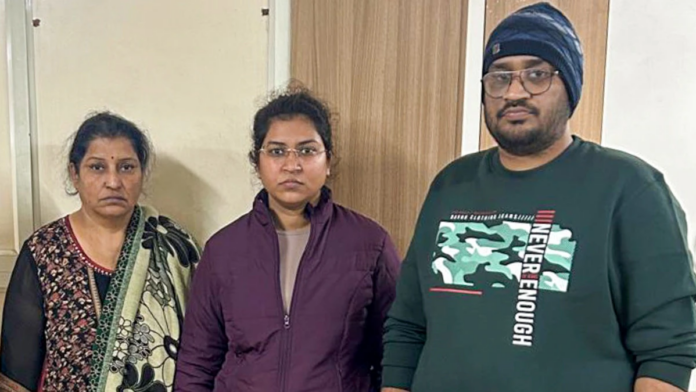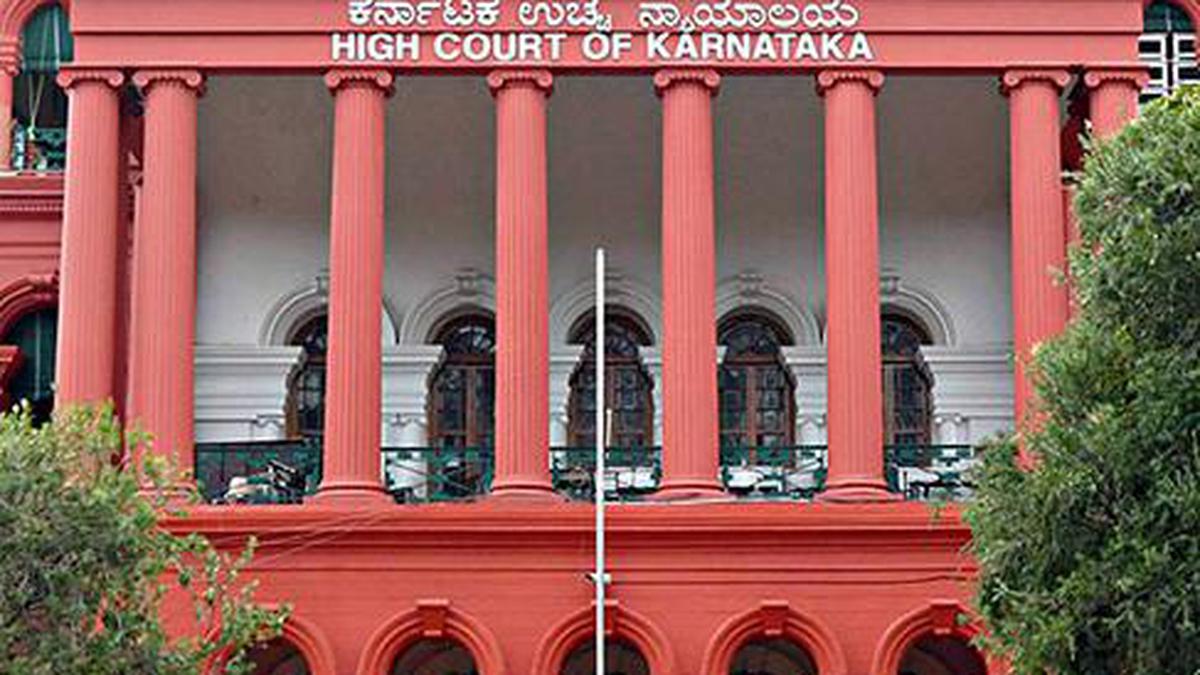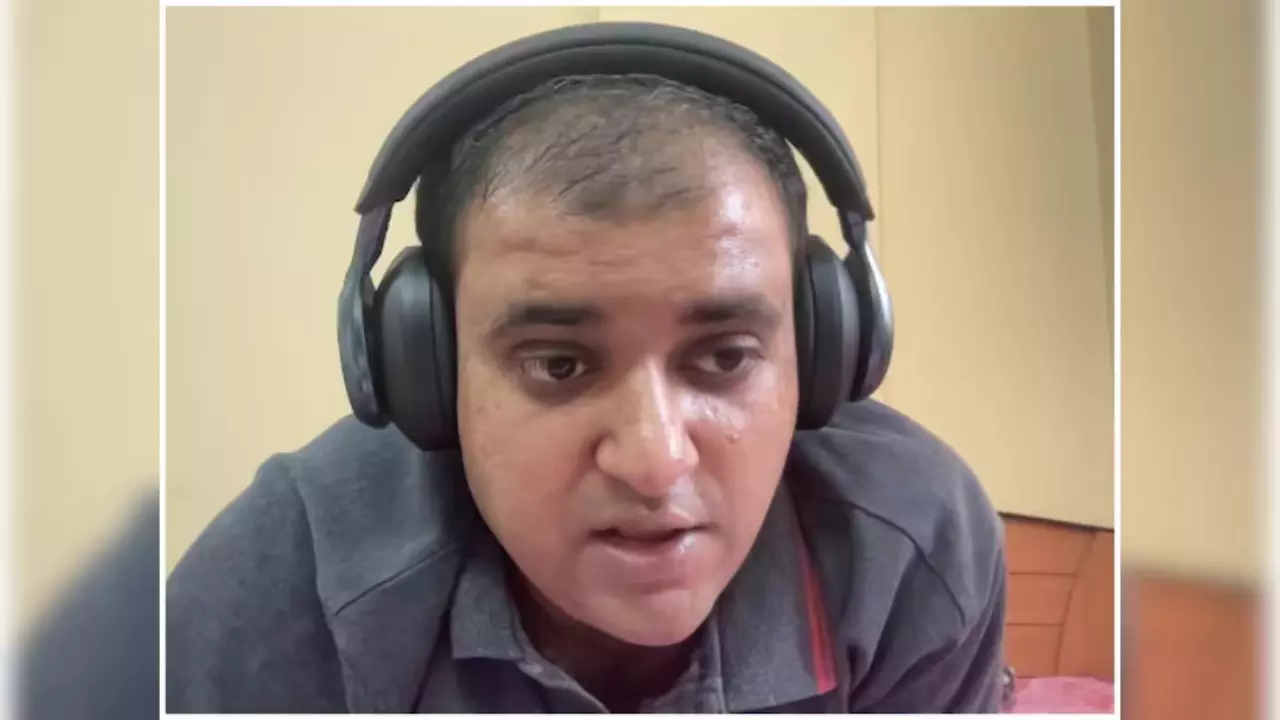FIR against Bengaluru Techie’s wife has sparked significant legal discussions after the Karnataka High Court declined to quash the complaint against Nikita Singhania. Nikita, the wife of Bengaluru techie Atul Subhash, faced allegations of harassment leading to Atul’s tragic death by suicide. The court emphasized the necessity of an investigation, questioning the petitioners on why they sought to avoid the probe despite detailed allegations in the FIR.
The Allegations Leading To The FIR
The FIR was filed following Atul Subhash’s death, wherein he accused his wife, Nikita Singhania, and her family members of harassment. The detailed complaint painted a picture of mental and emotional distress caused by ongoing domestic disputes. Atul, a tech professional in Bengaluru, succumbed to the pressures, leaving behind a chilling account of his experiences.
Nikita’s legal team sought to quash the FIR, claiming that the allegations lacked substance. However, the Karnataka High Court dismissed the plea, stressing that the complaint held enough merit to warrant an investigation.
The High Court’s Observations
During the hearing, the Karnataka High Court posed a crucial question to the petitioners: “Why don’t you want the investigation to happen?” This remark underscored the judiciary’s commitment to ensuring that allegations, especially those involving harassment and mental health issues, are thoroughly investigated.
The court highlighted that dismissing the FIR prematurely would not only undermine the complainant’s voice but also set a dangerous precedent for similar cases. The detailed nature of the FIR convinced the court of the necessity of an impartial and exhaustive probe.
Legal Framework For Quashing FIRs
In India, Section 482 of the Criminal Procedure Code (CrPC) provides High Courts the authority to quash FIRs if they are deemed frivolous, baseless, or filed with malicious intent. However, the judiciary exercises this power cautiously, ensuring that legitimate complaints are not dismissed without due scrutiny.
The court’s decision in the FIR against Bengaluru Techie’s wife aligns with this principle, prioritizing justice and accountability over convenience. The judgment reinforces the importance of investigating allegations before reaching any conclusions.
Harassment And Its Mental Health Implications
The case brings to light the devastating impact of harassment within personal relationships on mental health. Atul Subhash’s tragic suicide serves as a stark reminder of the psychological toll that domestic disputes can have on individuals. The allegations in the FIR suggest a pattern of emotional abuse that ultimately led to a heartbreaking outcome.
Mental health experts emphasize the importance of addressing such issues through counseling, support systems, and awareness campaigns. Cases like this highlight the need for society to recognize the signs of distress and provide timely interventions.
Evidence And Investigation
In cases of alleged harassment, evidence plays a pivotal role in establishing the facts. Atul’s complaint forms the foundation of the FIR, but corroborative evidence such as electronic messages, financial records, or witness statements will be critical during the investigation.
The police are expected to conduct a detailed inquiry into the allegations, examining all available evidence to determine the validity of the claims. This process is essential to ensure justice for both the complainant and the accused.
Public Reaction To The Case
The case has garnered significant public attention, with opinions divided on the High Court’s decision to uphold the FIR. While some applaud the judiciary’s emphasis on due process, others express concerns about the potential misuse of legal provisions in domestic disputes.
Social media platforms are abuzz with debates about the complexities of relationships, mental health awareness, and the role of the legal system in addressing such issues. Many have called for a balanced approach that ensures justice without compromising the rights of the accused.
Judiciary’s Role In Sensitive Cases
The FIR against Bengaluru Techie’s wife underscores the judiciary’s critical role in handling sensitive cases involving allegations of harassment and mental health struggles. By refusing to quash the FIR, the Karnataka High Court has demonstrated its commitment to upholding justice and ensuring that every allegation is thoroughly examined.
This decision sets a precedent for similar cases, emphasizing the importance of detailed investigations and balanced judgments. It also highlights the judiciary’s responsibility to protect the rights of all parties involved.
Addressing Mental Health In The Tech Industry
The tech industry, known for its high-pressure environment, often exposes individuals to significant stress and mental health challenges. Atul Subhash’s case brings attention to the need for better mental health resources and support systems within workplaces.
Companies can play a pivotal role in addressing these challenges by promoting mental health awareness, providing access to counseling services, and fostering a culture of empathy and understanding. Such initiatives can help prevent tragedies like this and create a more supportive environment for employees.
Broader Implications Of The Case
The FIR against Bengaluru Techie’s wife goes beyond individual circumstances, raising broader societal and legal questions. It highlights the need for robust mechanisms to address harassment, protect mental health, and ensure justice in cases of domestic disputes.
The case also serves as a reminder of the importance of fostering open communication and support systems within families and communities. By addressing these issues at their root, society can work toward preventing similar tragedies in the future.
What Lies Ahead?
As the investigation proceeds, it will provide clarity on the allegations and the circumstances surrounding Atul Subhash’s death. The outcome of this case will likely have far-reaching implications for how similar complaints are handled in the future.
The FIR against Bengaluru Techie’s wife stands as a testament to the judiciary’s role in ensuring that every voice is heard and every allegation is investigated. By fostering awareness and addressing the underlying issues, society can move toward a more compassionate and just future.



